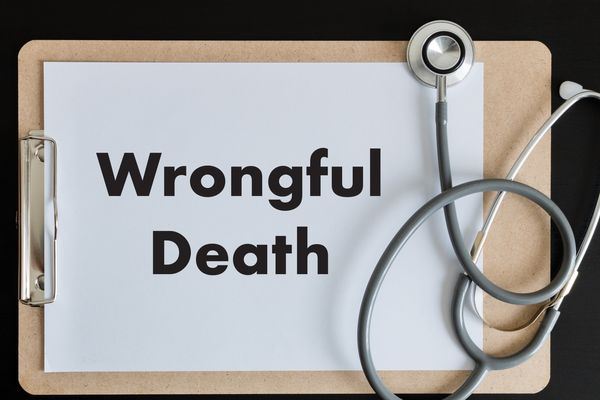In wrongful death cases, you deal with a loved one’s death and the knowledge that the responsible party could have avoided the accident with due care. If have lost a family member in a deadly crash accident due to another party’s negligence, you probably want to explore your legal options. You need an experienced accident attorney who can help protect your rights and file a wrongful death claim.
What are Wrongful Death Claims?
Under state law, wrongful death refers to death that results from the intentional, negligent, or reckless conduct of a party. In a wrongful death case, burdens of proof exist. To make sure you understand the applicable law, you need an attorney to help you with your case.
In wrongful death lawsuits, you should prove the negligence of the defendant caused the death of your loved one. Negligence occurs when the defendant had a certain duty to the deceased victim and their actions or inactions were unreasonable responses. You should prove the death of your loved one happened due to such actions or inactions. In this case, you or other surviving family members can make a wrongful death claim against the party responsible for your loved one’s death. The civil lawsuit is meant to secure monetary compensation for damages the wrongful death has caused.
The parties who can file a wrongful death claim include any heirs like a spouse, parent, or child who qualified to get the estate of the deceased person upon their death, no matter whether a will exists or not. Sometimes, the party who can bring this lawsuit can be unrelated individuals who can prove their dependence on the deceased individual at the time of their death. This party can be a stepchild, a stepparent, or an unrelated child supported by the deceased for a minimum of 6 months before their death.
Statute of Limitations for Wrongful Death Claims
In the state of Nevada, those who want to make a wrongful death claim should file the claim within two years of their loved one’s death. In general, missing this deadline means giving up one’s chance to make a claim. So, to make sure the court will hear your case, do not wait until this deadline expires. Also, make sure you do not accept a settlement offer from an insurance company before you can consult with a lawyer. Given the deadline to meet, it is important to hire an attorney as soon as possible.

